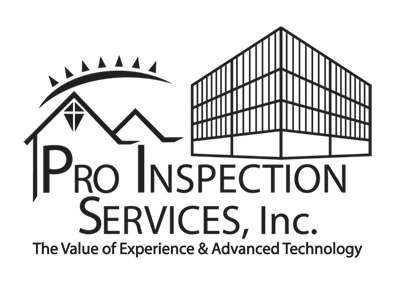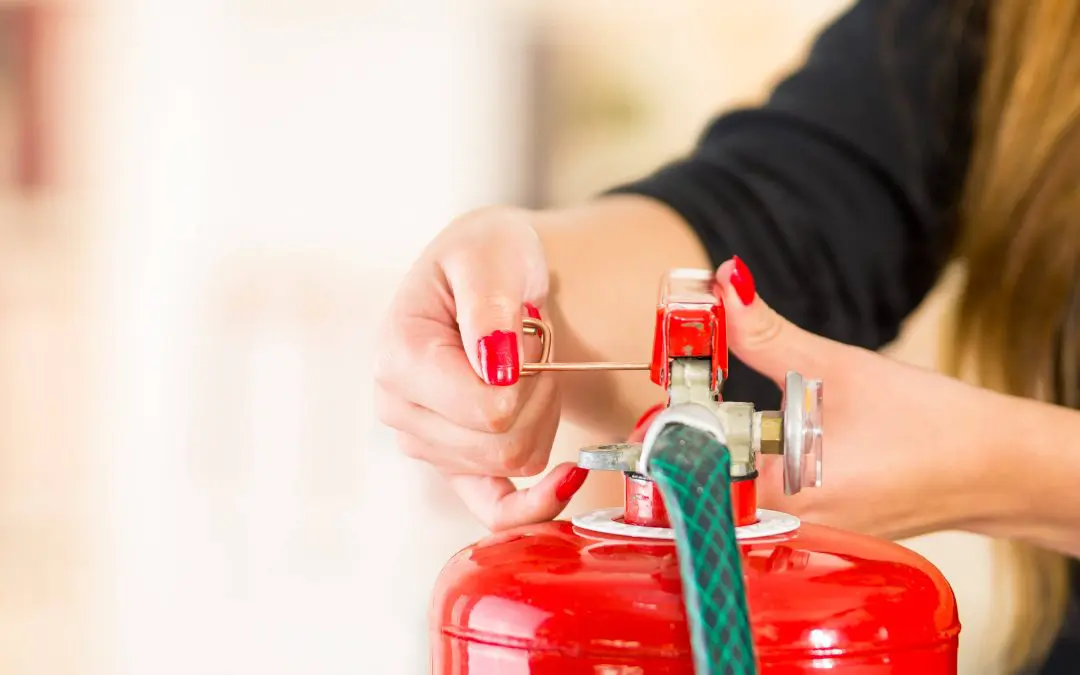Ensuring your home is a haven for you and your family is crucial. From preventing accidents to safeguarding against potential threats, incorporating essential safety measures into your home can make a significant difference. Here’s a guide to home safety essentials for a secure and comfortable living environment.
Fire Safety: Prevention and Preparedness
Fire safety is a top priority in any home. Start by installing smoke detectors on every level of your home, especially near bedrooms. These detectors should be tested monthly to ensure they function correctly and have fresh batteries. Having a fire extinguisher in the kitchen and other high-risk areas is also wise. Regularly check the expiration dates and replace any that are past their prime.
Create a fire escape plan with multiple exit routes and a designated meeting place outside your home. Conduct fire drills with your family to practice this plan and ensure everyone knows what to do in case of an emergency. Also, consider installing fire-resistant materials and keeping flammable items away from heat sources to reduce fire risks.
Security Measures: Protecting Your Home from Intruders
Home security is another critical aspect of safety. Start by ensuring all entry points to your home, such as doors and windows, are secure. Install sturdy locks and consider upgrading to smart locks for added convenience and security. Motion-activated lights around the perimeter of your home can deter intruders and enhance visibility at night.
A home security system, including cameras and alarms, can provide additional protection. Many modern systems offer remote monitoring and alerts, which can help you keep an eye on your property even when you’re not at home. Additionally, engaging with your local neighborhood watch program can foster a sense of community vigilance and further enhance safety.
Childproofing Home Safety Essentials: Keeping Little Ones Safe
Childproofing your home is essential for families with young children to prevent accidents and injuries. Start by securing heavy furniture to the walls to prevent tipping and using safety gates to block access to stairs and other dangerous areas. Keep sharp objects, small items, and toxic substances out of reach using cabinet locks and high shelves.
Electrical safety is also important. To avoid strangulation hazards, cover unused outlets with safety plugs and keep cords and wires out of reach. Additionally, store all medications and cleaning products in childproof containers.
Emergency Preparedness: Being Ready for the Unexpected
Being prepared for emergencies can make all the difference in a crisis. Assemble an emergency kit containing essential supplies such as non-perishable food, water, first aid supplies, flashlights, batteries, and a battery-powered radio. Keep this kit in an easily accessible location and ensure all family members know where to find it.
Create a comprehensive emergency plan that includes procedures for natural disasters like earthquakes, hurricanes, or severe weather. This plan should outline how to stay informed about potential hazards, how to communicate with family members during an emergency, and where to seek shelter if necessary.
Maintenance and Upkeep for Home Safety Essentials: Preventing Potential Hazards
Regular maintenance is critical to preventing potential hazards in your home. Conduct routine inspections of your home’s structural elements, such as the roof, gutters, and foundation, to identify and address any issues before they become serious problems. Regularly clean and service appliances, such as heating and cooling systems, to ensure they operate safely and efficiently.
Monitor potential hazards such as loose railings, uneven walkways, and exposed wires. Address these issues promptly to prevent accidents and maintain a safe living environment. Regularly updating your home safety measures and staying informed about best practices can help you effectively protect your home and loved ones.
By incorporating these essential home safety measures, you can create a safer environment for yourself and your family. Prioritizing fire safety, home security, childproofing, emergency preparedness, and regular maintenance will provide a more secure and comfortable living space. Stay proactive and vigilant to ensure your home remains a haven for everyone there.
FAQ
What are the most common home safety hazards?
Common home safety hazards include fire risks, security breaches, tripping hazards, and toxic substances. Addressing these through fire safety measures, home security systems, childproofing, and regular maintenance can help mitigate these risks.
How often should smoke detectors be tested?
Smoke detectors should be tested monthly to ensure they are functioning properly. The batteries should be replaced at least once a year or as the manufacturer recommends.
What should be included in an emergency kit?
An emergency kit should include non-perishable food, water, a first aid kit, flashlights, batteries, a battery-powered radio, and any necessary medications. It’s also helpful to include important documents and contact information.
How can I improve my home security without breaking the bank?
Improving home security doesn’t have to be expensive. Simple measures like installing secure locks, adding motion-activated lights, and using a home security system with monitoring capabilities can enhance security affordably.
Pro Home Inspection Services provides professional home inspections to customers in eastern South Carolina. Contact us to request our services.

